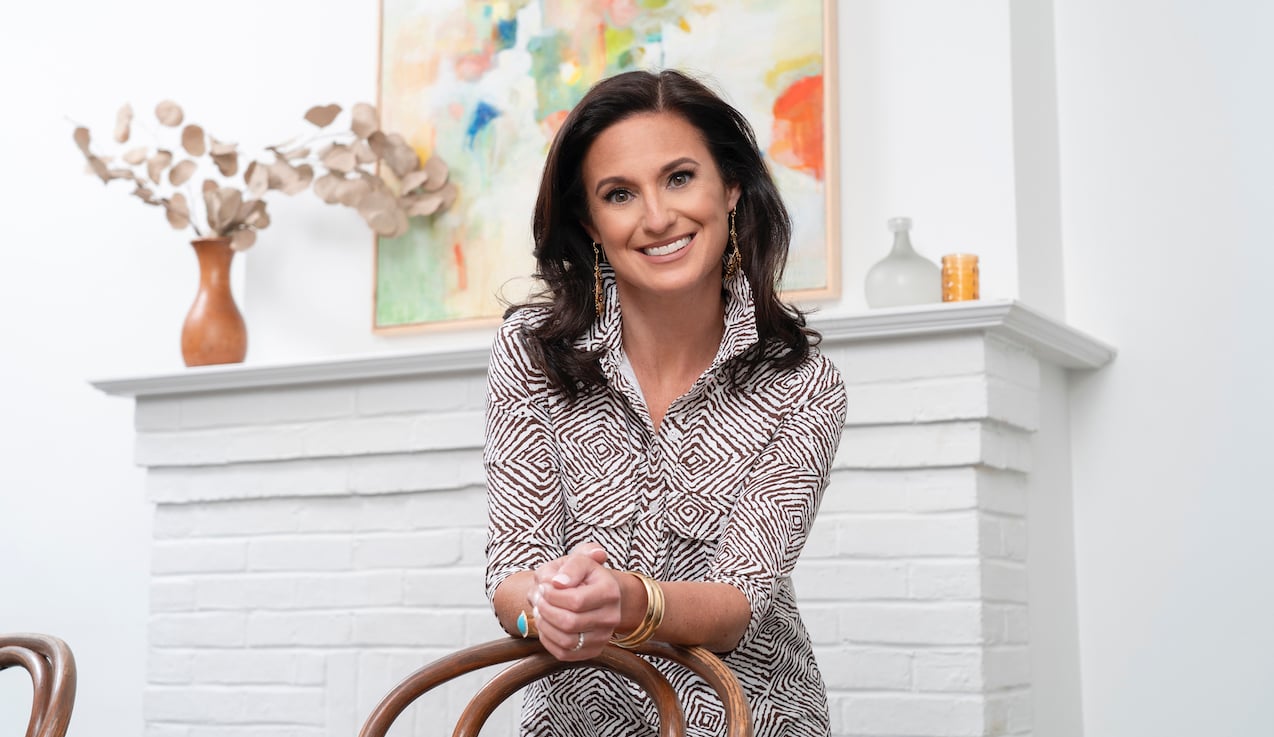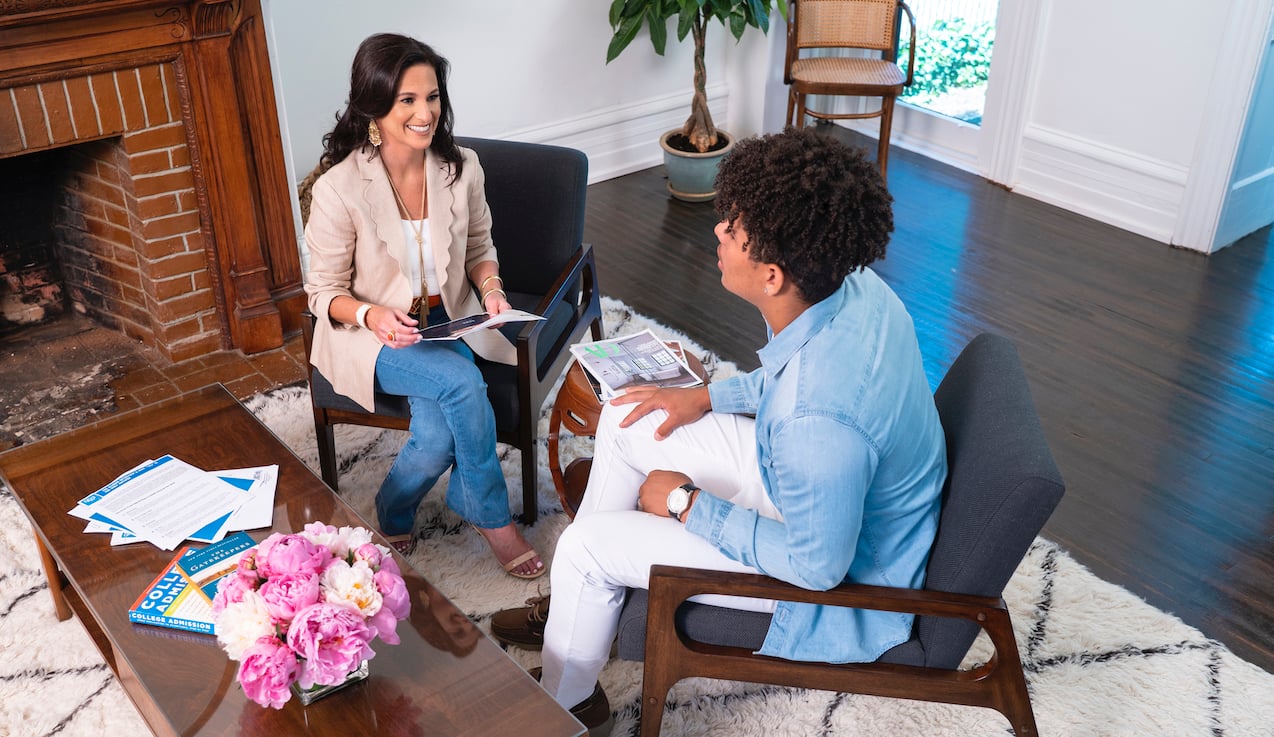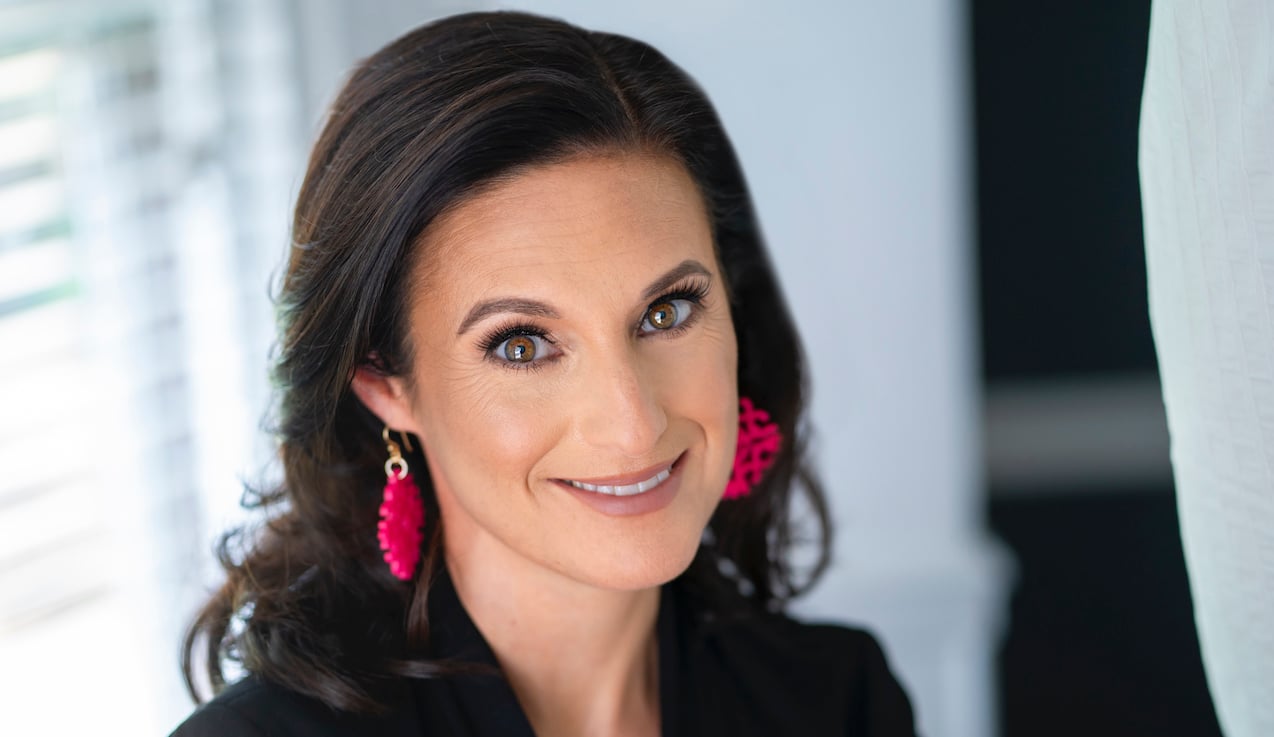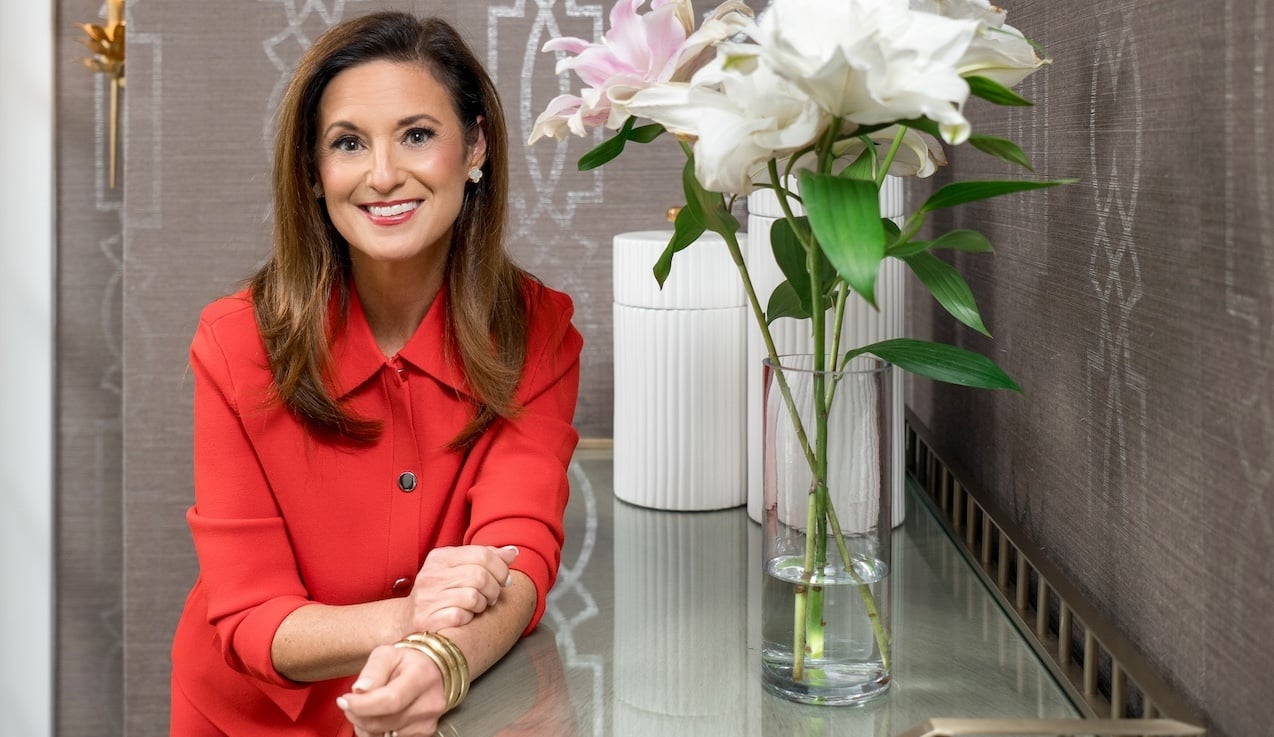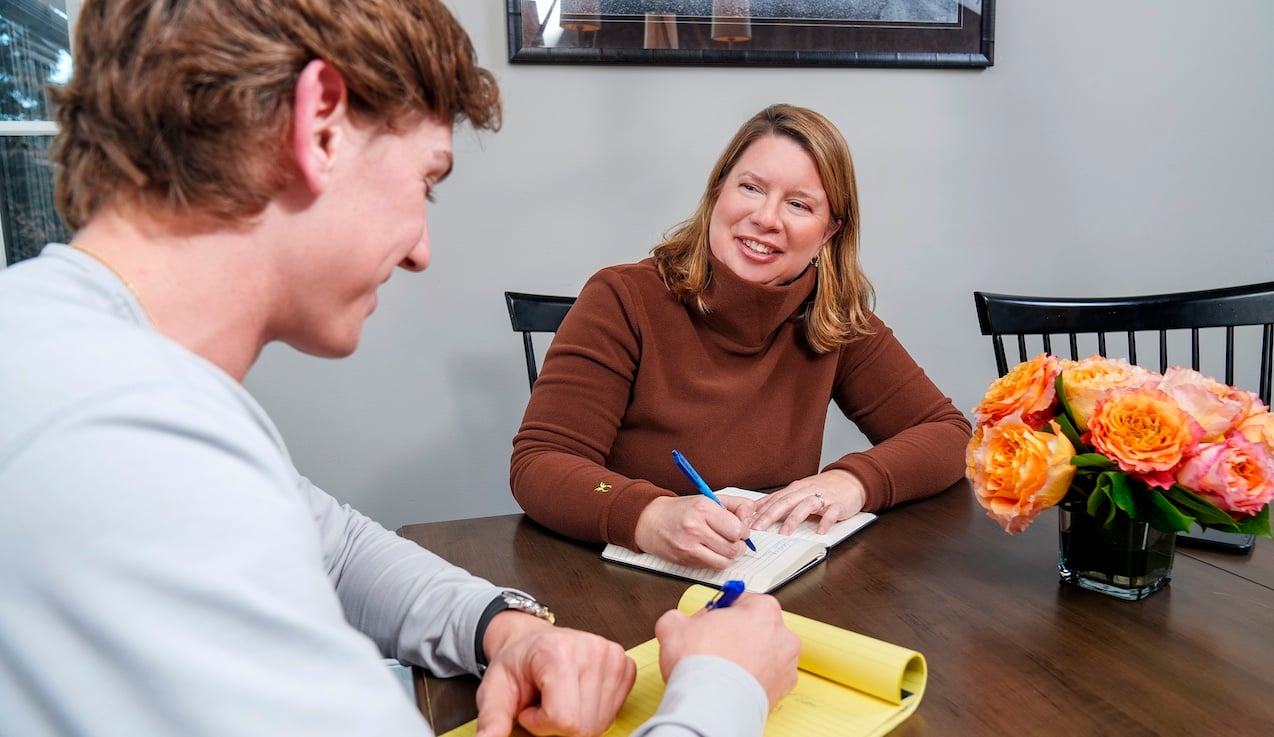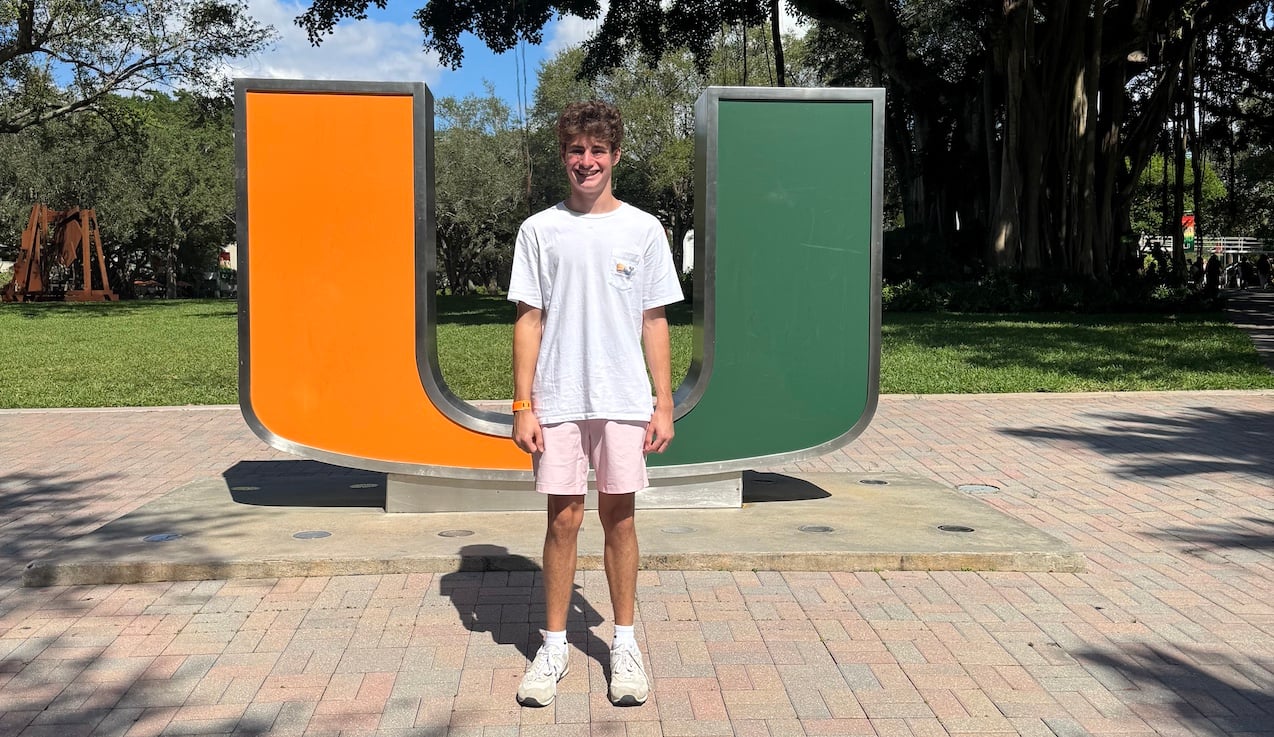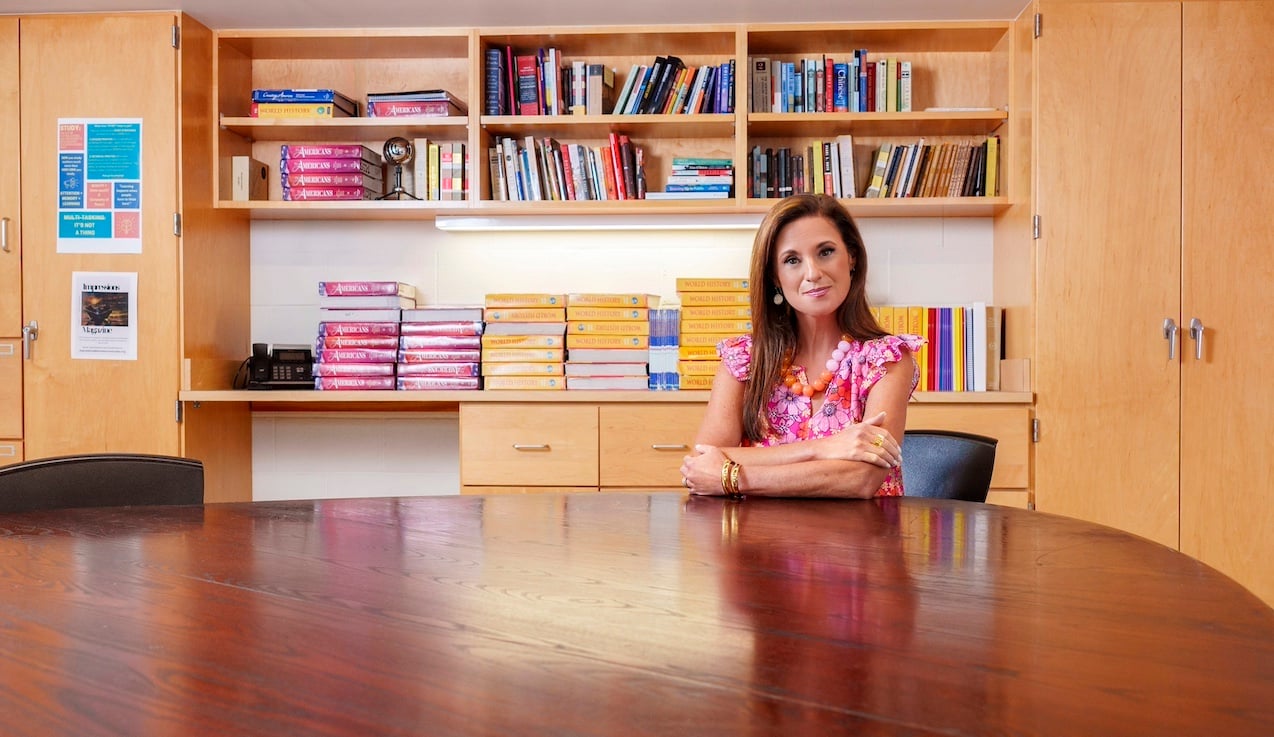Now that most of my students’ “early” applications are submitted, they are beginning to hear from alumni interviewers from the colleges where they applied. My students have been asking me questions about what this means, how to prepare, and what happens after the interview.
Here are the answers to my frequently asked questions about one of the most misunderstood pieces of the college admissions process.
1. Which colleges offer alumni interviews?
Many private colleges and universities will offer alumni interviews. But these colleges tend to not guarantee an interview for all applicants as the size of the applicant pool and limited time to conduct the interviews make it nearly impossible to interview every student who applies.
2. Does getting an alumni interview mean that my application has made it through the first round of review?
No. Alumni interviews are often initiated once the student submits their portion of the application. It has nothing to do with how competitive the student is.
3. Will the alumni interviewer have access to my application?
No. The alumni interviewer is not privy to your application. They receive basic information from the college’s admissions office about each student they interview: name, contact information, admissions plan (Early Decision, Early Action, Regular Decision), and often program or major selected.
4. Do I have to say “yes” to the interview request?
Personally, I would always say “yes” unless the student feels absolutely uncomfortable in this situation. If you decline the interview, the alumni interviewer will notify the admissions office—and that can impact the student’s outcome.
5. How do I prepare?
Make sure to review the application and supplement submitted to this particular college, the college’s website (paying particular attention to the academic program of interest), and any notes you took during your campus visit. You want to be prepared to discuss why you applied to that college.
RELATED READING: How to Ace Your Alumni Interview
6. What if the interviewer asks a question which I am not comfortable answering?
Students can politely respond, “I would prefer not to answer the question at this time.” Alumni interviewers sometimes ask students unfair or inappropriate questions—the most common one being where else the student is applying. That’s none of their business, by the way!
FREE GUIDE: The Top 10 College Interview Questions (Plus 3 That You Should Ask!)
7. Do I bring a resume?
Many alumni interviewers request a resume because they’re nosy and they don’t get to see the student’s application. If they ask for one in advance, I would come prepared with one.
8. Where do these interviews typically take place?
They should ALWAYS occur in a public place—local library, your school, a coffee shop, bookstore, etc.
9. How are alumni interviews different than on-campus interviews with admissions officers?
They are a lot different! If a college offers on-campus interviews, it means they highly value it in the admissions process. But alumni interviews are not weighed as heavily since the alumni interviewers are volunteers and not every student will have an opportunity to interview.
10. How long is an alumni interview?
Most are between 30 and 45 minutes long.
11. Should I send a “thank you” note to the interviewer?
Yes. A meaningful and specific “thank you” email is a thoughtful way to thank an alumni interviewer for their time.
12. What happens after the interview is done?
The alumni interviewer typically writes a one-page (or less) evaluation about the student and the interview. This write-up becomes part of the student’s application moving forward.
Students worry about the alumni interview. Will I get one? Who will I get? Is it going to help me? The tough part about the alumni interview is that it doesn’t mean as much as most people think. However, if given the opportunity, the student almost has no choice but to say “yes.”


